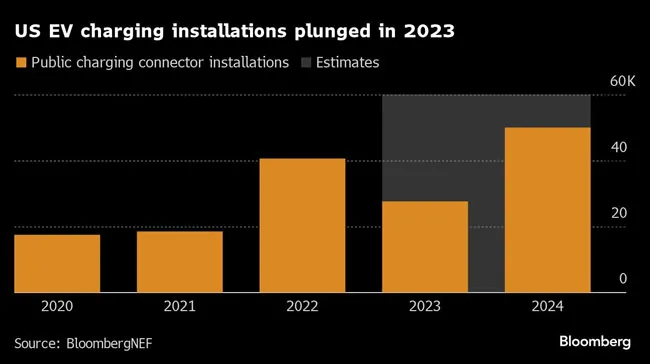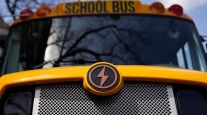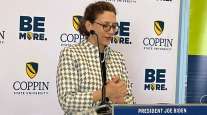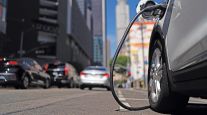Bloomberg News
EV-Charging Firms Could Struggle With Finances in 2024

[Stay on top of transportation news: Get TTNews in your inbox.]
U.S. electric vehicle charging installations fell significantly last year as companies grappled with financial challenges, according to a BloombergNEF report.
U.S. public charging installations were 76% below BNEF’s forecast in 2023, and they are expected to lag behind China and Europe this year, the report said. The lack of investment from charging operators could be in part attributed to the companies awaiting federal funds from a national electric vehicle infrastructure program, BNEF said.
ChargePoint Holdings Inc. and Electrify America grew slightly in 2023, adding just 410 and 588 fast chargers, respectively, the report noted. EVgo Inc. added 850 fast chargers compared with Tesla Inc., which installed 6,000. The BNEF figures are based on the number of fast-charging connectors.
“Charging companies will struggle with the challenging financial climate and poor performance in 2024, leading to more acquisitions as companies look to grow and survive,” the BNEF report said.

Charging installers have found it difficult to compete in the U.S. with Tesla, which has built a vast network of plugs with a different connector design than those from the rest of the industry. Shares of charging companies were hammered last year as operators struggled with sluggish sales. ChargePoint, which operates the largest U.S. EV charging network, lost 75% of its market value last year and replaced its CEO.
Electrify America said it installed 466 fast chargers in 2023, based on information it collected from the Department of Energy’s alternative fuels data center.
ChargePoint’s new top executive, Rick Wilmer, said many of the company’s customers hesitated to invest in more chargers last year because of the economy’s uncertain direction. Businesses looking to install EV chargers for employees held off for fear the economy might tip into recession.
“They felt they could wait a quarter or two to see how things would settle economically before continuing to invest,” Wilmer said. “It’s getting better, as we’re getting more and more data around the economy, and it appears we’re heading for a soft landing.”
Want more news? Listen to today's daily briefing below or go here for more info:




